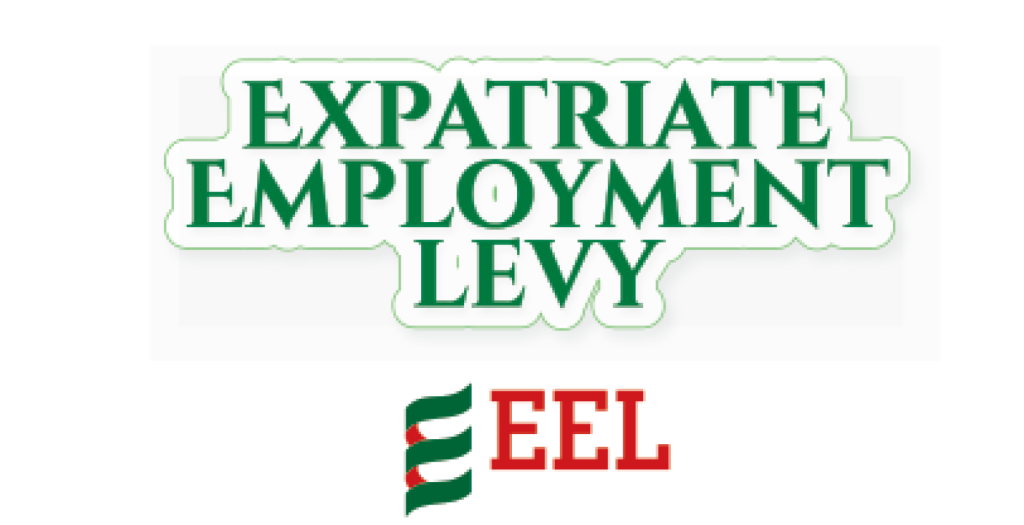The Nigerian Federal Ministry of Interior recently released a handbook introducing a compulsory annual levy on foreigners who are employed to work in Nigeria. The levy was introduced as a fiscal measure to address socio-economc considerations within the country. The Expatriate Employment Levy (EEL) seeks to balance the benefits of expatriate employment with the benefits of Nigerian local labour market and resources.
The objectives of the levy include promoting skill transfer and knowledge sharing, balancing economic growth and social welfare, enhancing collaboration between public and private sector, addressing democratic shifts among other things.
Employers are expected to pay the sum of fifteen thousand dollars ($15,000) for directors and ten thousand dollars ($10,000) for other expatriate employees who are not directors. Expatriate employees for whom employers are expected to pay the levy are non-Nigerian citizens with paid employment in Nigeria and employed for a period of not less than 183 days in a year, a calendar year starting in January and ending in February.
For expatriates who are in the country for seasonal and short-term employee for different companies are not required to pay the levy. However, when such expatriate has exceeded an aggregate of 183 days in the year, the last employer who bears immigration responsibility for them shall be liable to pay it is due. All accredited staff of diplomatic missions, international agencies and government officials are exempted from the levy.
The Nigerian Immigration Services is the body responsible for the enforcement and collection of the levy.
Employers’ Responsibilities
- Maintain proper records of expatriate employees including employment contracts, salary details, work permits, salary details and other relevant documentation.
- Timely report expatriate employees details.
- Notify relevant government agencies of changes in details such as job roles and salary.
- Train relevant teams who will ensure compliance with EEL reporting requirements and compliance measures.
Please note that following consultations with relevant stakeholders and taking into consideration the concerns from various quarters, the Federal Government has decided to suspend the implementation of the Expatriate Employment Levy. Ozoya Imohimi, the Director of Press and Public Relations at the Ministry of Interior, conveyed this information in a statement released on Friday evening. This was after a meeting where the Minister of Interior, Dr. Olubunmi Tunji-Ojo, conferred with a delegation led by Minister of Industry, Trade and Investment, Mrs. Doris Uzoka-Anite, to discuss concerns and seek clarification on the newly introduced Expatriate Employment Levy (EEL) guidelines.



